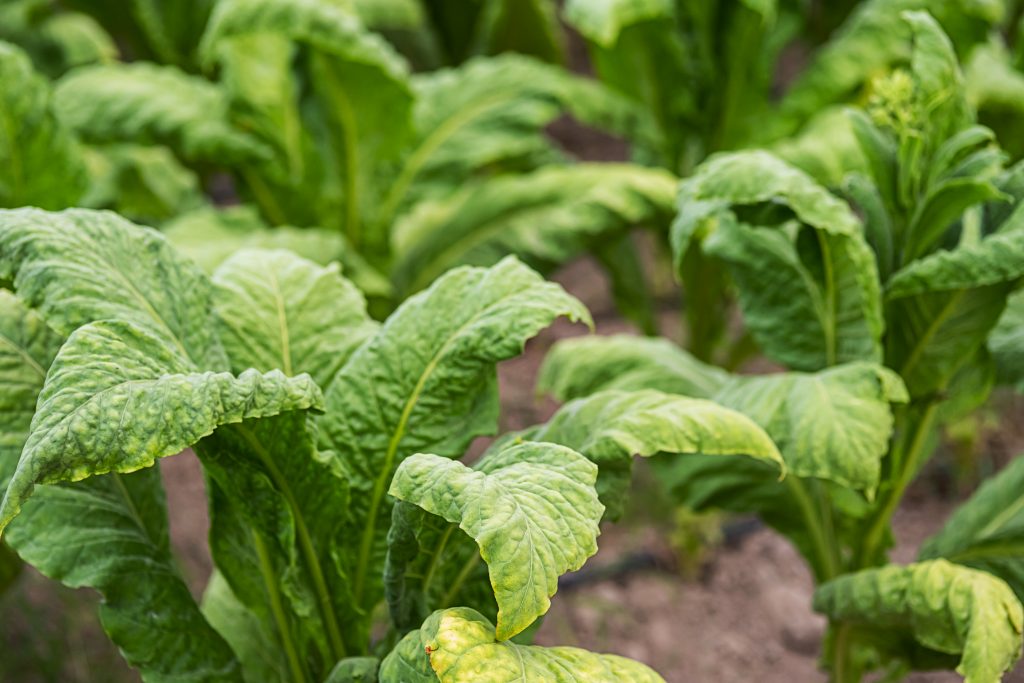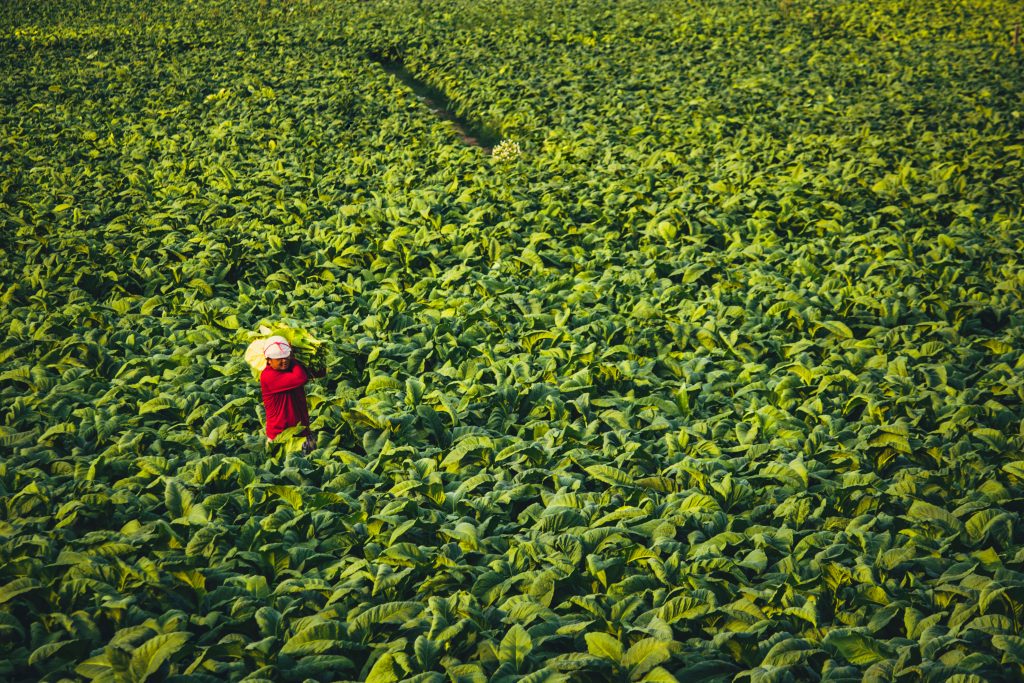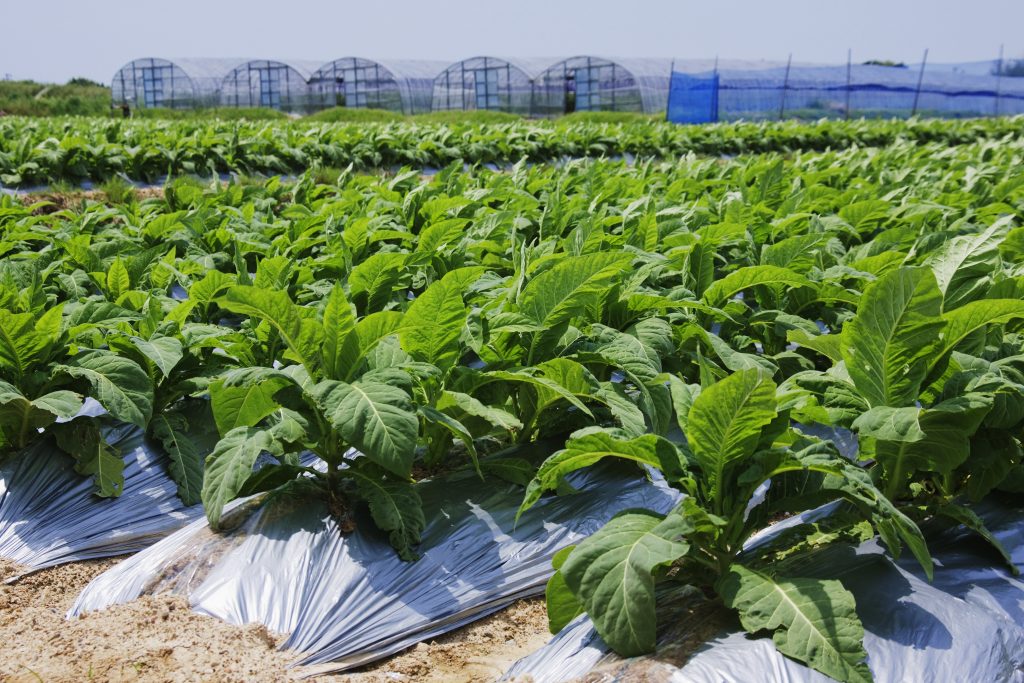The tobacco industry is a major contributor to climate change and environmental degradation. Tobacco production requires a large amount of water, land, and energy, and it also generates a significant amount of waste.
For example, the tobacco industry is responsible for:
- Deforestation: Tobacco cultivation is a major driver of deforestation, as it requires large areas of land to grow tobacco plants.
- Water pollution: Tobacco cultivation and processing use a lot of water, and this water can be contaminated with pesticides and fertilizers.
- Air pollution: Tobacco production and processing release harmful pollutants into the air, which can contribute to respiratory problems and climate change.
- Waste: Tobacco production generates a lot of waste, including cigarette butts, which can pollute the environment.
The tobacco industry is also a major contributor to poverty and inequality. Tobacco farmers often live in poverty, and they are exposed to harmful chemicals and pesticides.
Sustainability is important in the tobacco industry because it can help to reduce the environmental impact of tobacco production and improve the lives of tobacco farmers and workers.
Here are some of the ways in which the tobacco industry can become more sustainable:
- Reduce water use: Tobacco companies can use water-saving technologies, such as drip irrigation, to reduce water consumption.
- Use renewable energy: Tobacco companies can use renewable energy sources, such as solar and wind power, to reduce their reliance on fossil fuels.
- Reduce pesticide use: Tobacco companies can use Integrated Pest Management (IPM) techniques to reduce the use of pesticides.
- Recycle and reuse waste: Tobacco companies can recycle and reuse waste materials, such as cigarette butts and packaging.
- Improve working conditions: Tobacco companies can improve working conditions for tobacco farmers and workers, such as by providing safe drinking water and sanitation facilities.
By adopting sustainable practices, the tobacco industry can reduce its environmental impact and improve the lives of tobacco farmers and workers. This is good for the environment, good for the people, and good for the business.
Here are some of the benefits of sustainability in the tobacco industry:
- Reduced environmental impact: Sustainable practices can help to reduce the environmental impact of tobacco production, such as deforestation, water pollution, and air pollution.
- Improved working conditions: Sustainable practices can help to improve working conditions for tobacco farmers and workers, such as by providing safe drinking water and sanitation facilities.
- Increased resilience to climate change: Sustainable practices can help the tobacco industry to become more resilient to climate change, such as by using drought-resistant crops and water-saving technologies.
- Improved reputation: Adopting sustainable practices can help to improve the reputation of the tobacco industry, which can lead to increased sales and profits.
The tobacco industry is at a crossroads. It can either continue with its current practices, which are harmful to the environment and the people, or it can embrace sustainability and become a leader in the global tobacco industry. The choice is clear.



